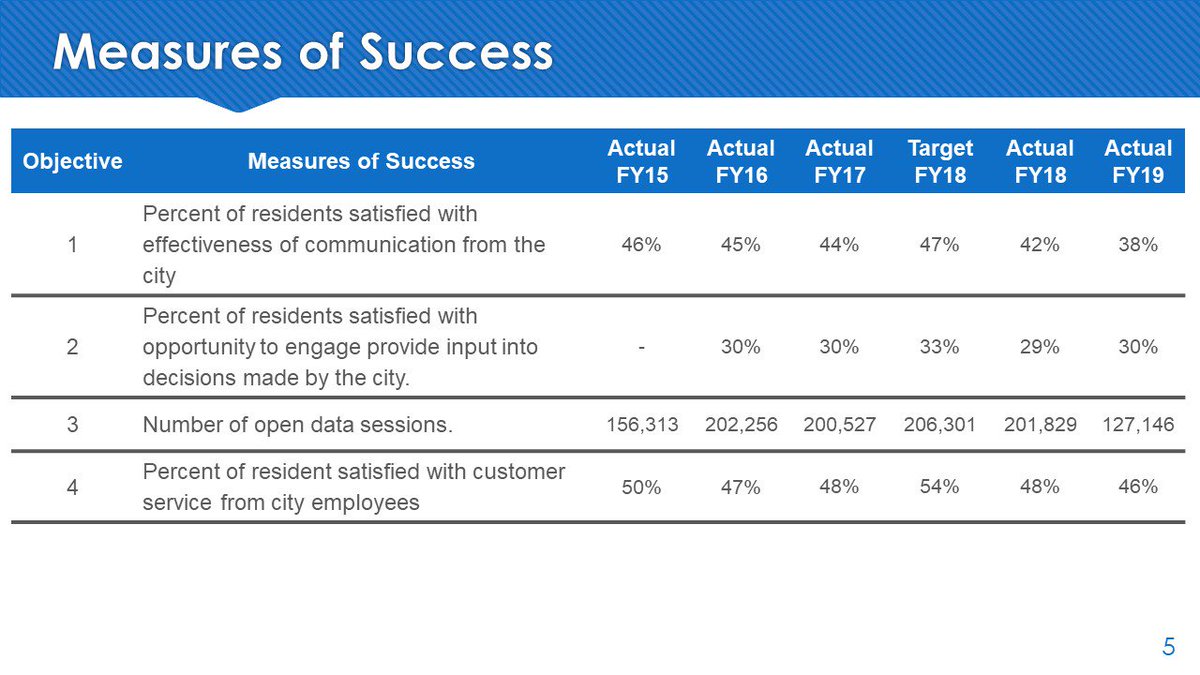Things are better than ever, but also more precarious
The practices that have gotten us here (AKA Game A) are not sufficient to solve the challenges that Game A has created, which is why we need to transition to Game B
Why should this time be any different?
Exponential technology.
You used to be able to “live and let live” and civilizations would come and go. It was fine.
Not anymore.
Which means one civilization’s collapse means the collapse of all civilizations
Not only that, b/c our global supply chain is so integrated w/ our biosphere, one civilization collapsing also threatens our planet
Exponentially more people, making exponentially more impact per person, and an exponential curve point reaching escape’s velocity—
Eventually you can't externalize anymore.
We increasingly have the power of gods without the wisdom of gods, and any society that has exponential increase in risk without exponential increase in choice-making capacity will self-terminate.
We can’t put the technological curve caps back in the bag — we must innovate our way through this
This is our predicament — and this is why we need to transfer from Game A to Game B
Game A is the way things are currently run. Markets. Democracy. Socialism. Everything we’ve tried since agricultural revolution
It’s our civilizational toolkit—the thing that has produced 7.5 billion people in unprecedented levels of wealth & well being
While things are getting exponentially better, they’re also getting exponentially worse (increased exponential risk), which means destabilization
It is a system that is optimized to continue growing its complicatedness in order to pursue its aim of reducing everything that is complex into something that is simple (e.g. a complex tree in an ecosystem, into wood, into money).
In fact, it worked so well it sowed the seeds for its own destruction.
While it was perfect for our needs at the time, for the existential risks we now face, it falls short.
What got us here won’t get us there.
We need something different.
If you try to solve one without solving the root, you’re just playing whack-a-mole.
Existential risks are symptoms of a couple underlying root generator functions:
One of them is Rivalrous/Zero-Sum Games.
If Game A is everything to date, What’s Game B?
Simply—It’s what’s next.
Game B isn't a fully fleshed out idea, it’s a design space.
TLDR on why unchecked markets aren't sustainable: If I’m internalizing externalities, but you’re not, then I’m losing. So no one can internalize externalities and still survive.
You cannot legislate against incentives long-term.
If you make a piece of law that says it's illegal to do X, but it's still profitable to do X, companies and gov'ts will still do X.
When Winston Churchill said democracy is the worst form of governance ever created save for all the other forms, what he was saying that was really insightful was that getting lots of humans to agree on anything is just a hard thing to do
We don’t know yet —Remember Game B is a design space — and we’re wary of people who claim to have all the answers.
Game B trusts the process rather than trafficking in utopias.
We know that it’s not going to look like nation states and private balance sheets
It's not Marxism, it's not socialism, it's not capitalism. It's not democracy. It's not a retrofit of any of those systems either
We know that the incentive of every agent in the system, and that's every person or group of people has to be better aligned with the well being of every other agent *and* of the commons writ large.
We now have new technologies that can help us do exactly that (sensor grid, IOT, satellites, people sensor processes)
For starters, Game B needs to beat Game A on its own terms (e.g in the market)
Game B evolves by creating the systems of economics+ governance that deliver on the promises of Game A better than Game A can, thereby rendering Game A obsolete
It's functioning within the existing system, competing with old encyclopedias and for profit enterprises by delivering information for free, and it's winning, because it's superior.
You can convert Bitcoin to dollars, and Bitcoin functions inside that realm, it's not illegal, it works, so that entity is a solution that is superior to Game A, but it functions within Game A terms and is winning.
As long as I'm incentivized to do something that is harmful to you, it can't be prevented.
But if we change the underlying incentive, and make it to where you're well being and mine and the commons are more tightly coupled, then it can.
How can we avoid both the top down kind of structured organizational model of trying to create consensus, or the bottom up thing, which takes so long that no one's ever gonna actually come to agreement in time to solve the problem?
Now is no different.
We need a change in consciousness that acknowledges:
a/ We're all connected
b/ Verbs to nouns
c/ Adapt to abundance
When we also identify as fundamentally interconnected parts of an interconnected universe rather than separate discrete things, we cease thinking there is any definition of success for self that isn't also success for the whole.
That’s fundamental.
Rather than say “it's a crow” they'd say, "that's the great spirit expressed as a crow".
So their initial semiotics/ontology had the interconnectivity of everything first, and then the distinction.
But what am i without the atmosphere? I don't even exist.
What am I without the plants that generate the atmosphere? I don't even exist.
You get the idea.
Ppl think about optimizing their own quality of life independent of + maybe even at the expense of other ppl's quality of life + climate
When we internalize interconnectedness, we become positive sum by default
Civilization Prototype
What’s the minimum viable scale to start prototyping a different economy, a different governance, a different materials economy, a different set of social dynamics and coherence?
The heart and the lungs are not rivalrous with each other.
They’re not competing to extract scarce resource and hoard it.
They’re in this radically necessarily symbiotic relationship.
more on Game B (evolving, crowd-sourced, doc from the community): docs.google.com/document/d/1Vq…
FB group: facebook.com/groups/1447251…
civilizationemerging.com




